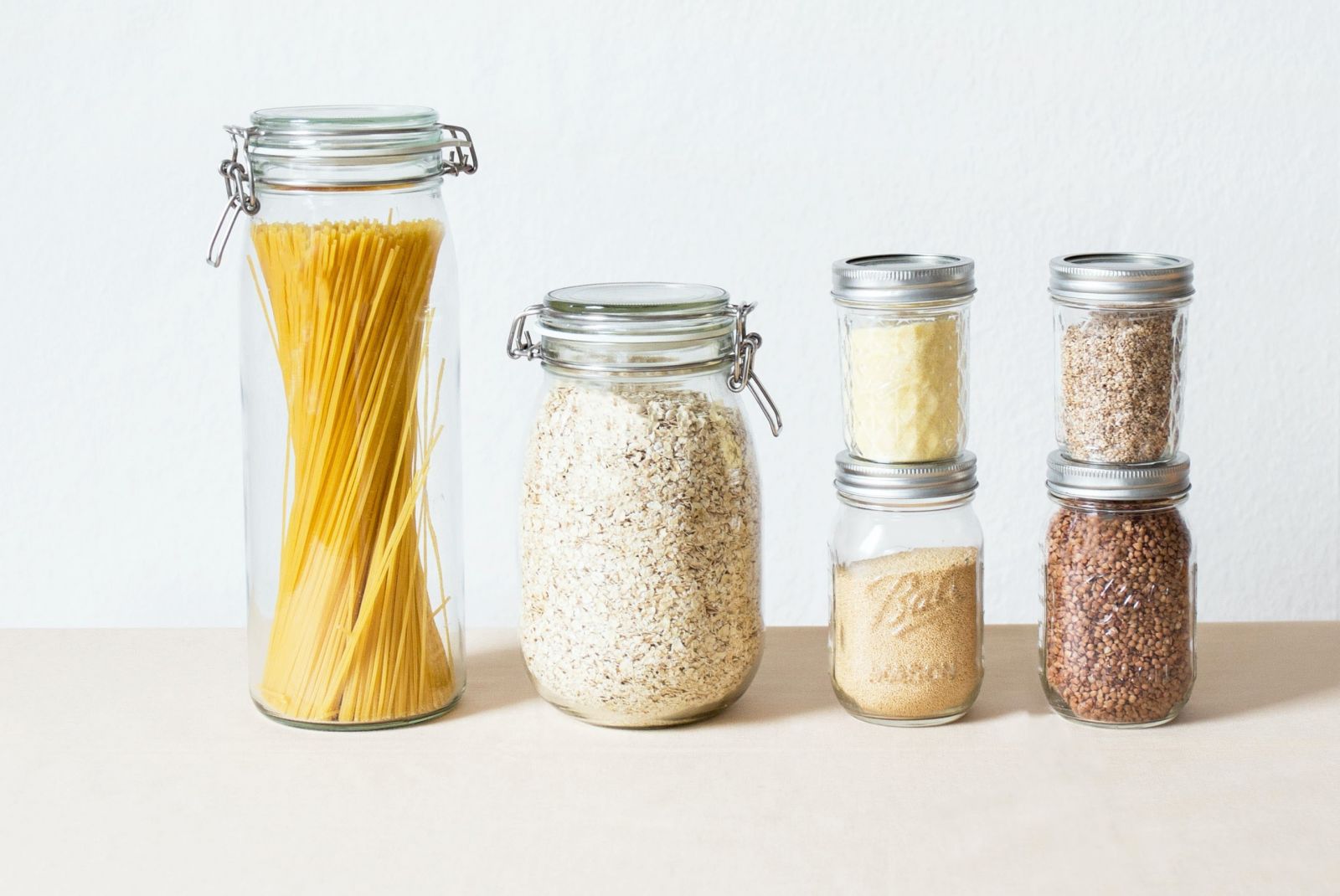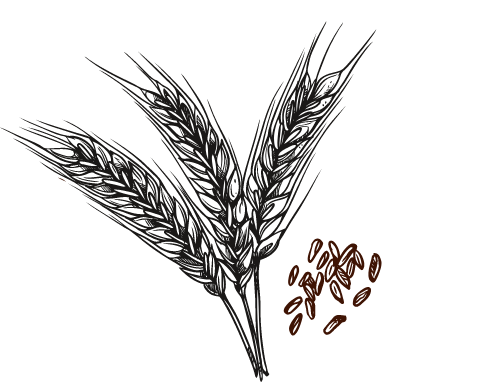
Refuse, Reduce, Reuse, Recycle, Rot – these are the “5 Rs” that make up the basic rules of zero waste. These rules were proposed by Béa Johnson in her book “Zero waste home: the ultimate guide to simplifying your life by reducing your waste” published in 2013. By following these basic principles, you will be able to considerably reduce your waste. Here are some practical tips.
Refuse
Here there is no question of refusing modern comfort. The aim, rather, is to recognise the superfluous and refuse it. This is also the basic principle of minimalism. This concept consists in surrounding oneself with very few objects, furniture and clothes so that they take on real meaning.
An example: Refuse a plastic bag when you make a purchase, and go bulk.
An action: Put a NO JUNK MAIL sign on your mailbox.
Reduce
Sometimes it is not possible to refuse. However, it is possible to reduce your consumption, environmental impact and car use. To avoid frustration though, reduce what seems easy to start with. You will soon realise that you will want to go a little further each time.
An example: Reduce your meat intake to prevent deforestation.
An action: Lower your heating by one degree. It won’t make much difference in terms of how you feel. However, it will allow you to save around 7% on your gas or electricity bill and above all it will reduce your environmental impact.
Reuse
This is a word whose value has been lost. Indeed, it is so easy to throw away an object and buy something new that reusing no longer even comes to mind. However, it is essential to return to this practice. What if instead of throwing something away, you found a way to repair, mend or reuse it for another purpose?
An example: Is your coffee machine broken? Look for a repair café that will help you fix it.
An action: Keep glass jam and compote jars and use them for bulk purchases.
Recycle
The aim of zero waste is to not generate any waste. The main action is therefore not to buy packaged or single-use or time-limited products. However, it is not always easy to achieve this goal. So when you have no other choice, try to recycle as much as possible. You will notice that recycling is only the fourth of the proposed 5 Rs.
An example: Your old clothes can be recycled if you put them in a special bin (TRAID, The Salvation Army, etc.).
An action: Ask your town hall or waste treatment association for an explanatory booklet to learn how to sort your food packaging.
Rot
Rotting simply means composting. You can give back what the earth has given to you, so that it can compost it and increase soil fertility. Meal leftovers, peelings and coffee grounds are just some of the foodstuffs appreciated by the compost bin, which will turn them into great fertiliser for your garden or plants.
An example: Coffee grounds can be put in the compost, or else directly around rose bushes along with a few crushed egg shells to protect them from snails.
An action: Install a compost bin, a worm composting bin or chickens in your garden to collect your food scraps.
Now you know about the 5 Rs of zero waste for the start of a new year!









